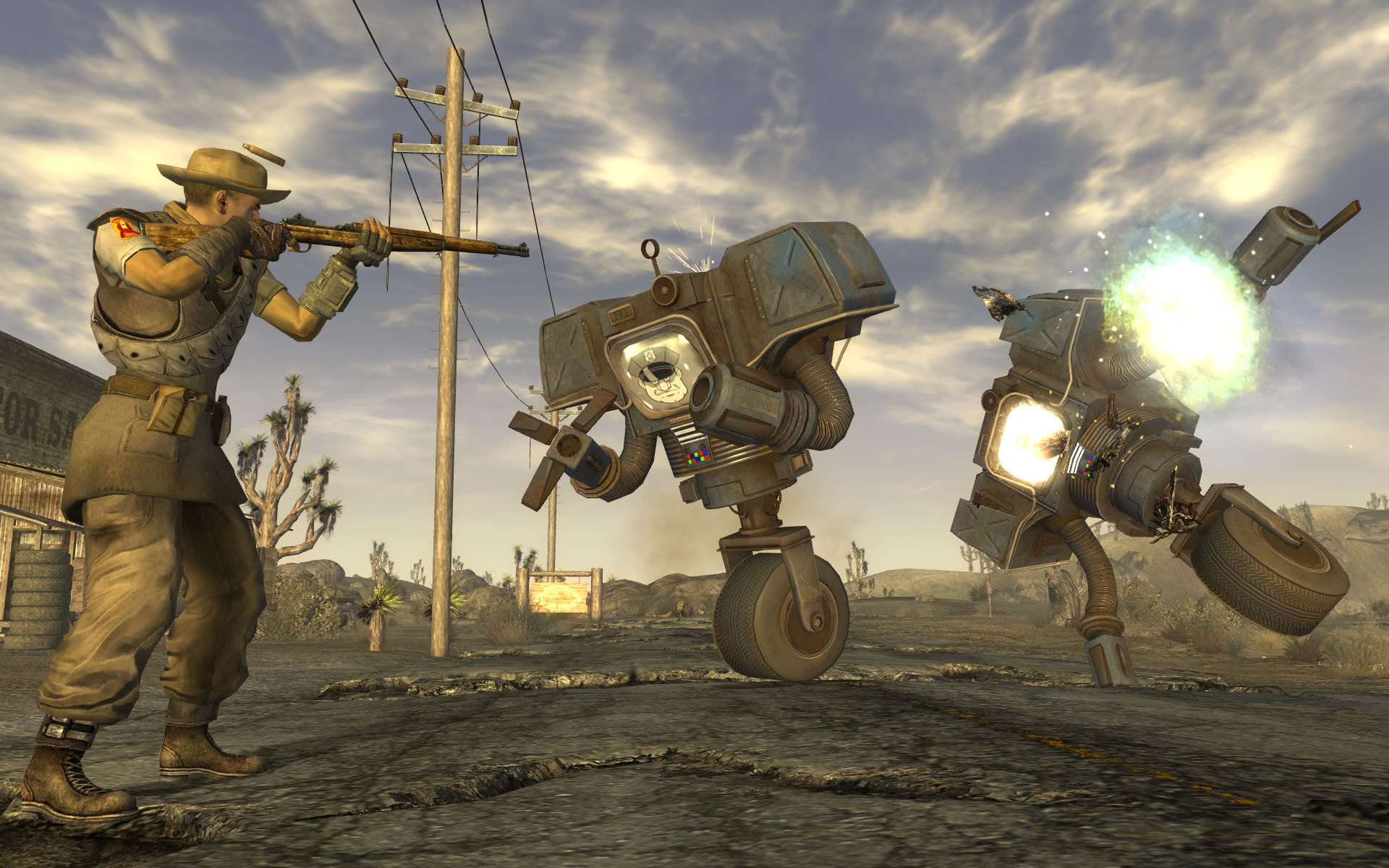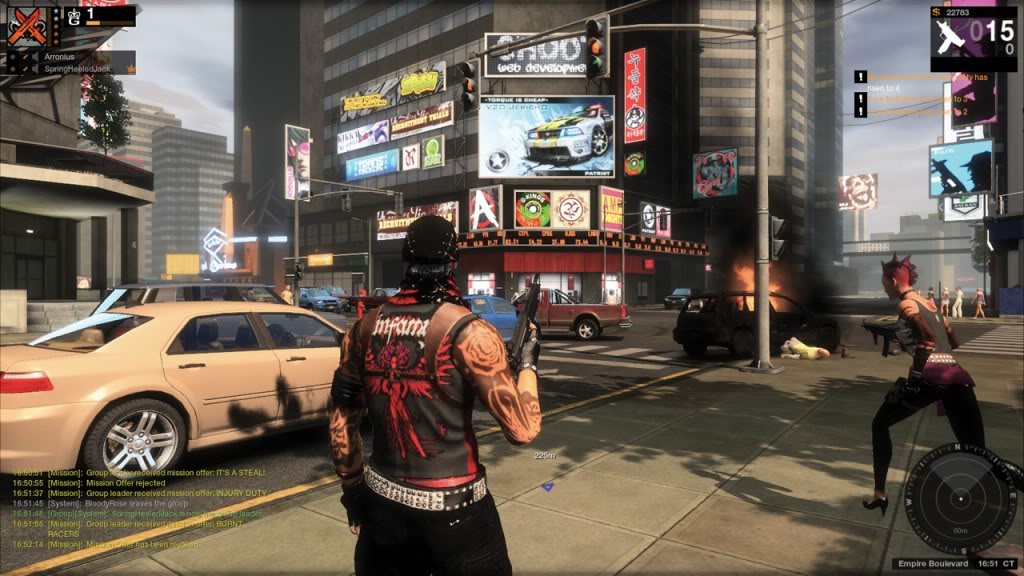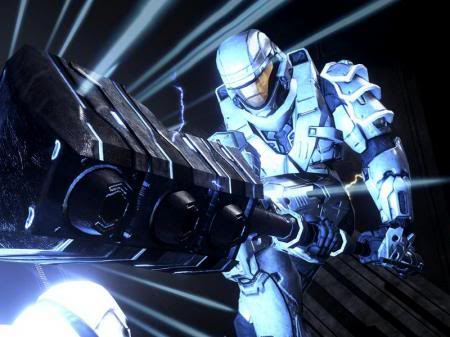This post has not been edited by the GamesBeat staff. Opinions by GamesBeat community writers do not necessarily reflect those of the staff.
I'm man enough to admit I got a little moist when I heard Obsidian Entertainment would develop Fallout: New Vegas. C'mon…these guys invented the wasteland (based on an earlier game called Wasteland) back in the Black Isles Studios days. Vault Boy? Ghouls? Dogmeat? Bloody Mess? All their ideas. Hell, they founded Obsidian as cancellation loomed for the original Fallout 3 (a.k.a. Van Buren). The universe owed them another crack at their baby.
Then I fired it up. Seems I'd forgotten the Black Isles gang's reputation for buggy software.

This is how I fix things post-release.
I've played several games lately sporting everything from amusing glitches to game-defeating code errors. Some even popped up in a review copy sent to me. Guess what that did to its score. Yet the post-release patch is now hardwired into development mentality. Ship it broken, fix it later…or never, if it bombs. This used to be a PC-centric issue; now that every console features WiFi connectivity, it's across the board. They sell us faulty software at full price and patch it weeks or months after the fact, as if that makes everything better. The support's nice, but gratitude isn't my initial reaction.
So I did what any real man would do: disconnected my PS3 from the internet and vowed to play Fallout: New Vegas unpatched. As nature intended.
And man, is it a mess. The frame rate stutters every five steps and freezes for a split second every few dozen. I've met dancing geckos, shot raiders who walked on air and through solid rock, and between multiple crashes my courier briefly turned into an eight-armed spider lady. That's nothing compared to a few creepy glitches others have encountered that share more similarities to Silent Hill than the wasteland. To add a sense of scale, Obsidian pushed over 200 scripting and quest bug fixes live in the last few days. Who thinks they got everything?
Of course they didn't. New Vegas offers a huge amount of content and the more there is to go wrong, goes the old saying, the more there is to go wrong. Blame the badly aging Gamebryo engine if you like, but Obsidian's 300-strong QA team simply can't cover ground the way a million players can. Not without the time and resources they are, in fact, never given.
Every day a game's in production, the company loses money. Deadlines and release windows aren't arbitrary; they're specifically targeted to hit rush seasons with the best chance of quickly turning deficit to profit. QA goes last in the development cycle, and if production runs late…well, tough. Ready or not, the game goes out. Those decisions benefit publishers to the detriment of their customers, but increasingly it's proving a handicap to publishers as well.

RIP APB. We hardly shot ye.
Bad word of mouth sinks a game. APB: All Points Bulletin landed with a critical thud last June, saw three patches by August, and announced a shutdown by September. Similarly afflected Warhammer Online: Age of Reckoning perpetually teeters on the cancelation rumor list. Then again, Grand Theft Auto 4, Call of Duty: Modern Warfare 2, and Fallout 3 were all terrifically buggy on release…and Game of the Year contenders.
Those games entertain despite the issues, and in all honesty, I'm enjoying New Vegas. It doesn't hurt that so many of its bugs are highly amusing. The best bug I've ever heard of — caught before the game released — caused your Fallout 2 character to detonate 30 seconds after an NPC joined your party. That's just funny. I almost wish they'd kept it in. We'll forgive a lot if the game rocks and the flaws make good YouTube fodder.
Crashes and dead ends? Not so much.
You can actually tell a lot about a developer by how they support their game post-release. Bungie pulled out the banhammer on 15,000 Halo: Reach cheaters earlier this month and routinely tweak their games' maps to make them better. Those are evolutions, not corrections.

Now THAT'S a banhammer.
Otherwise, post-release patching has become a crutch and a cheat, allowing publishers to purposely give the thumbs-up to blatantly faulty products for the sake of their schedule. Y'know, a few years ago, some European Union commissioners tried to enact legal protections for gamers buying faulty games…here's hoping that doesn't fade away. If we pay full price for a game, we have a right to expect full quality. No excuses.
So I will never patch Fallout: New Vegas, purely on principal, and I'll judge it based on its original release quality. Because that's the game you made, Obsidian. Live with it.
